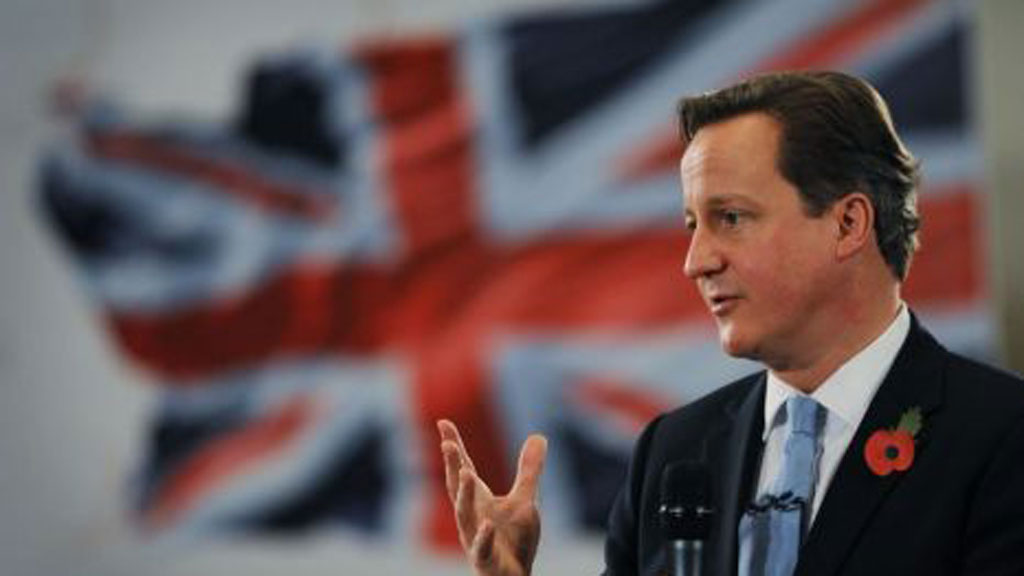Cameron urges anti-Assad allies to help Syria rebels
Visiting a refugee camp near Jordan’s border with Syria, David Cameron has called for a new diplomatic push to force President Assad from power.

Mr Cameron said the US, Britain and other allies should do more to “shape the opposition” into a coherent force and open channels of communication directly with rebel military commanders.
“There is an opportunity for Britain, for America, for Saudi Arabia, Jordan and like-minded allies to come together and try to help shape the opposition, outside Syria and inside Syria,” Cameron said. “And try to help them achieve their goal, which is our goal of a Syria without Assad.”
Foreign Secretary William Hague said talks with rebel military leaders would not involve advice on military tactics or support for their operations. Mr Hague also insisted that Britain would not consider offering weapons to Assad’s opponents.
“British contacts with military elements of the Syrian armed opposition will be limited to a political dialogue including working towards an inclusive political transition,” he said in the statement.
Previously, Britain and the US have acknowledged contacts only with exile groups and political opposition figures inside Syria.
Face-to-face meetings with military figures will take place outside Syria, said Mr Hague.
At the Zaatari camp, where more than 33,000 people have fled Syria, Mr Cameron said he would press President Obama at the first opportunity to drive forward efforts to end the 19-month-old conflict.
“One of the first things I want to do with the newly elected president is talk about how we can do more for refugees here on the border, more pressure on the United Nations, more pressure on this dreadful regime behind me in Syria, more to help the opposition,” he said.
Under a ‘Nato umbrella’
Coming just hours after the re-election of US President Barack Obama. the calls for greater diplomatic efforts came as a Turkish official said Turkey and its allies, including the United States, have discussed the possibility of using Patriot missiles to protect a safe zone inside Syria.
The foreign ministry official, who spoke on condition of anonymity because of ministry prohibitions on contacts with the news media, said planning for the safe zone had been put on hold pending the U.S. election.
He said any missile deployment might happen under a “Nato umbrella,” though Nato has insisted it will not intervene without a clear United Nations mandate.
Talks with Syrian opposition
Diplomats from the US, Britain, France and Turkey are already scheduled to meet with Syrian opposition groups on Thursday in Qatar, though there has been no announcement that those talks will include discussion with rebel fighters.
“With the re-election of Obama, what you have is a strong confidence on the British side that the US administration will be engaged more on Syria from the get-go,” said Shashank Joshi, an analyst at London’s Royal United Services Institute, a military and security think tank.